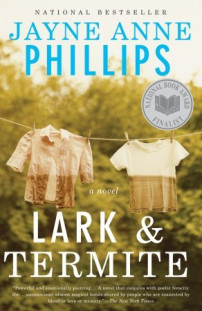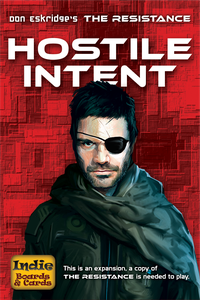I had a nice young woman approach me about guidelines for critique groups she is helping to organize for Authors of the Flathead. I told her I’d see what I could come up with. I wrote this list and then ran it by fellow critique partner and author. The following suggestions are what we like in our groups. Having another writers read your manuscripts is really the most basic way to learn. I have developed and honed what skills I have through two groups of very dedicated writers. They share in what success I have had. This is one of my pages from “The Car Ride” after Ann worked on it. Good suggestions that I took to heart and my page is much better because of her.

My page after a critique.
Suggestions for critique groups.
The reason for critique groups is to help other writers refine their craft in a kind way, suggesting changes in plot, character building, whether wording is clear. We are all here to learn from one another.
When your section is being discussed, simply take each suggestion as that, only a suggestion. The story is yours and you do not need to defend it or argue your point. At home use what suggestions you want to. Give each careful consideration. This is how to develop stronger writing skills.
Limit the size of the group. I find no more than 6 to be ideal. More than that and you will spend more time critiquing others work than what you spend on your own writing.
Limit the number of pages each writer submits for critique. 20 pages for a small group or 15 for a larger group
The meetings should be a couple of hours. Not too long as minds grow tired and become bored.
Keep your critiques of others short and to the point. Be prepared to explain your suggestion and why. Do not try to rewrite another’s story. Simply give input and let it go. Never argue a point.
I prefer to meet every other week. Remember you need to allow time for your own writing.
Never ever discuss politics or religion!
In my group we do page by page with input from everyone who has a suggestion on a page and then go to the next. Less confusing that way. Be open to discussion. That is how we learn from each other.
Sometimes folks new to critiquing are easily hurt when they hear their wonderful words don’t make sense or the plot is slow or characters are hard to visualize. Be kind to them with gentle words. And also newbies don’t take everything said to heart. The suggestions are for your growth in writing skills. Offer kind/objective suggestions to every member, especially newbies. We are all ‘married’ to our words, and harsh criticism only stifles creativity.
If you can’t make a meeting let another member know so the others can start on time.
Edit typos on your copy. Discussing these minor details wastes valuable time as a group. 
Advertisements
Share this:
- Facebook
- Email
- Print
- LinkedIn
Like this:Like Loading...
Related







